“We don’t have the money. We are still working on it. There is a plan.” This is what Sasa Bulic tells me several minutes into what can only be described as an unintentional interview. The line might conjure a scene from a Martin Scorcese film: a close-up of a junkie with a long sleeve T-shirt, nervously scratching the track marks on his arms while being interrogated by the local drug lord. Instead, Bulic is infamous for running perhaps the worst Counter-Strike: Global Offensive event ever. Named Gaming Paradise (the irony completely unintentional) the Slovenian gaming event that ran from Sept. 6 to 13 promised much: Multiple competitive tournaments with a collected prize fund of more than $100,000, expenses covered by tournament hosts, and a chance to bring international esports to the coastal tourist town of Portorož. If it sounded too good to be true, attendees could be forgiven for a momentary lapse in judgement. Not too long ago, esports had a deserved reputation for poorly run events and outright scams—at a 2012 event in India, attending players had their possessions stolen. But in 2016, most assumed storylines like this didn’t happen anymore. Even if you’ve never run a tournament yourself, you can easily hire talented, experienced professionals to avoid the pitfalls and scandals of esports past. As such, even the biggest organizations in the business show good faith to new tournament organizers.
“It was my first event. And I still did much better than anybody around.” — Sasa Bulic
This time, the good faith would be wildly misplaced. There were signs of trouble before the event even started. It took an unusually long time to process the money the teams were supposed to use to book the flights. When teams made inquiries as to why, they were told it was because the credit card the event used to book the flights only had a $3,000 per day limit. This coincidentally was also the maximum stipend for travel allowance paid out to each team. That meant a lot of the attendees were left out-of-pocket after booking their own flights. CS:GO players from the tournament’s eight teams showed up first. Far from being greeted with open arms, they were left stranded at the airport for hours after the promised shuttles didn’t turn up. When the players finally arrived at the hotel, they found their accommodation greatly below the standard that was promised. Virtus Pro and Mousesports, for instance were told they’d be staying in multiple, apartment-sized rooms, only to instead find themselves confined to a solitary bungalow each, leaving players sleeping on couches and the floor. After just one day, Mousesports manager Christian Lenz was calling Gaming Paradise “Slovenian Hell.” It was about to get worse. The computers required for a tournament of this magnitude, not easy to find in Slovenia, went missing. Gaming Paradise told the teams they’d been stolen while in transit, conjuring the image of a cackling Slovenian driver with a van full of equipment. Other reports from the event, however, suggested the equipment had been confiscated by the company it was rented from after non-payment. The event was now delayed as the organizers tried to cobble together competitive-standard PCs from what they had on site and through favors from friends. The Dota 2 tournament, meanwhile, was scheduled to run after the CS:GO event and had attracted some very big names, including Team Secret and Virtus Pro. When news came back of the problems with the CS:GO tournament, they were reluctant to attend and called a meeting. With flight times just 18 hours away, some teams still hadn’t even had the money required to book flights. The CS:GO teams were now already threatening to drop out if conditions weren’t improved, and so it was hardly surprising that Dota 2 tournament was cancelled with less than a day of notice. They were spared entry into a spiralling nightmare. The hotel staff apparently never received payment for any of the booked rooms. They started to treat the players with suspicion and confronted them about where the money was. The hotel confiscated French team Titan’s passports after not getting paid for the rooms—payment they were never supposed to make. This made the situation even more urgent and stressful, as the team was due to travel to Dubai just a day after Gaming Paradise to compete in a $250,000 event (run by the far more reputable ESL). Once again, Gaming Paradise representatives had to intervene to try to smooth over the situation, but it eventually required local police and international embassies to be notified before players were able to get their passports. With more delays owing to logistical problems and three of the four teams having to fly to Dubai, the CS:GO tournament simply could not be finished as it was. The consolation final, traditionally a best-of-three series, was reduced to a best-of-one. The final, which should have had up to five maps, cut down to three. The teams and the organizers signed a new agreement before these games. It said that, if the teams stayed and finished, they’d have any additional costs covered by Gaming Paradise. Even with all of these concessions, the tournament finished at approximately 4am local time. The fact that Kinguin (now FaZe) overcame Na’Vi in what was a great game, was little more than a footnote.
It should come as no surprise that an interview opportunity with the man behind it all only occurred due to incompetence. Bulic, whose Skype monicker happens to be one of the most popular U.K. names, “John Smith,” added a journalistic colleague of mine, a man called Tobi. He’d done so under the misguided belief that he was the Counter-Strike and Dota commentator Toby ”Tobiwan” Dawson, who worked at the event. After an awkward conversation, Bulic tried to make the mistake seem at least partially intentional and offered the journalist an interview, to put his side out in the public domain.
We’d shifted from Apocalypse Now to This Is Spinal Tap.
Tobi mulled over the proposition. He contacted me and asked what he should do. “Interview him of course,” I said. “It’ll be hilarious.” So he agreed to do so and prepared accordingly. Bulic then requested that the interview be done live, saying he felt he’d come across better verbally than on the page. Tobi agreed. Then, Bulic said it’d be better if the questions were asked by a non-journalist. For some reason Tobi agreed to this. He brought Counter-Strike commentator Matthew “Sadokist” Trivett on board to act as a mouthpiece for his questions. But they still had problems pinning Bulic down, which felt odd as the interview, and the way it would be undertaken, was his idea to begin with. “Do you want him,” he eventually asked me. I agreed to take it on, confident that nothing would come of it. If he was already dodging an interview that he’d pitched and attempted to control, I doubted we’d even get beyond the formality of an introduction. And, to be completely honest, I’ve spent my entire esports life reporting and writing about cons, incompetents, and thieves. I’ve grown a little tired about it. Yet the more I thought about the whole sorry shambles the more I asked myself the question: “Which one of those was he?”
The interview, which we conducted in October 2015, began with a lecture. I’d been vocal about how bad Gaming Paradise had been on my weekly Counter-Strike show “By The Numbers” (and at any other opportunity that presented itself). He told me I didn’t know what I was talking about, even though I watched the whole thing unfold from afar and had multiple conversations with a number of the attendees. “Almost nothing you assumed was true,” Bulic said. “And you assumed almost everything. I really can’t wait to address all the issues you discussed.” But it was hard not to assume the worst. Not only had the event been terribly run from start to finish but shortly after it was over, things started to disappear from the Internet. The official website went down and remains down to this day. According to Bulic, “it was bombarded and crashed, and the forum was filled with viruses, so I kept it down.” I suggested he just do a rollback to an earlier version of the site. But he claimed that he’d lost most of his team after the event “so nothing is easy any more.” “Maybe we can put a simpler version of the site back up in a month,” he said. That, of course, never happened. While these tech faults were happening, the company’s official Facebook page also underwent some mysterious alterations. A contact phone number for Bulic, along with his actual name, was removed from the page. All that remained was a generic email. The owner of the page was listed as “John Smith” which links to a Facebook page corresponding to this name, presumably used by Bulic. I asked why this information had disappeared and why he had picked a generic alias to conduct all his business. He seemed confused. “I chose my Skype name of John Smith eight years ago when I made the account,” Bulic claimed, saying he used it on all his private accounts (all with the same profile picture of a Cylon from Battlestar Galactica) for “privacy matters” “We all know privacy is a big internet problem,” he said. “My identity was never hidden from this project.” He then linked me to what he considered proof of transparency. These included a forum thread on JoinDota where he was listed as “Saa Bulic, High Priest of The Gaming Resorts” and a Reddit thread where he responded to allegations that the event was a scam. Only problem? All his posts have mysteriously disappeared. Bulic seemed surprised by this. “How’s that even possible?” he asked. “I’d wager you deleted them,” I replied. “But my LinkedIn was on there,” he said, providing me with a link. Same Cylon profile picture and a bunch of positions as a software developer. Absolutely no esports experience listed before he took the plunge with Gaming Paradise in September of 2014. Sure, it was clear this was an account he had used. Equally, it could be abandoned without little consequence. “I just spoke with the PR manager,” he followed up hastily “And he said he deleted his account because of all the flame he received in his inbox.” I couldn’t impress upon him how a few forum posts and a Linkedin profile wasn’t true transparency. We moved on.
Not long after the event, a subcontractor who’d helped Gaming Paradise organize the event, ePlayground, accused the organization of scamming them. Bulic had proudly linked me to the accusations. In the post, a representative from ePlayground claimed that the company was “fucked over just like the players.”
The interview began with a lecture.
“We won’t be getting any of our money invested into this event back,” the note continued, “and while we’re still quite unknown, some might associate our name with this clusterfuck of an event from now on, which is just as shitty.” Bulic scoffed at the allegations. “Nobody got fucked,” he said. “They all knew what was the possible outcome based on the project plan. I explained it as ‘washing their names,’ that if the event was successful they would take all the credit.” I asked more about this plan, which I felt was important. The way the event had cataclysmically failed, I was left paraphrasing Captain Willard in his meeting with Colonel Kurtz. “I don’t see any plan at all.” This is how Bulic explained it: “We hired ePlayground to do two events for Gaming Paradise, $10,000 events for League of Legends and Hearthstone. The plan was based around ticket sales. They only succeeded in getting two teams signed up, so we cancelled it and issued a refund. This means there were less ticket sales for the event. They don’t have any reliable information about any other event, as that wasn’t their job.” Gaming Paradise had hired a venue that could hold 5,000 people, and its business model required that venue to be close to full if the event was going to pay for itself. To put this in context, the 2014 Intel Extreme Masters event in Katowice, Poland filled the Spodek stadium, with an official capacity of 11,500. It did this, in part, by providing free entry. Seeking to achieve half of that in a country with a population of 2 million, as opposed to Poland’s 38 million, while charging full price, was madness. For CS:GO alone, Gaming Paradise needed to generate $50,000 in ticket sales just to cover the cost of the prize pot. At €25 a day just for entry, tickets were easily overpriced for a largely indifferent Slovenian population. “Months before the event we realized that the ticket sales model wasn’t going to be sufficient,” Bulic said. “So we invested in it personally. We did it from private funds, friends and family, and then other investors.” How much did he raise through this method? The answer surprised me, and I’m still uncertain whether to believe it. I assumed that, since prize money was still outstanding, they couldn’t have raised enough to cover it. But Bulic proudly declared he’d raised $200,000 this way. That, in turn, begged the question: Where had it all gone? “I was asked the same question by my investors,” he said. “$10,000 initially for the company, $70,000 in production, $35,000 for the gaming house qualifier, $30,000 in plane tickets, miscellaneous costs for PC rental, monitors, security, tables and chairs, venue hire, marketing.” What about the initial $10,000? The company had been founded in 2014 so this wasn’t a start up cost. What was it for? “To function normally. Salaries, website design, marketing.” And the $35,000 on the gaming house qualifier, an earlier event? Again he reeled off the costs, this time in a more vague fashion. Then he added: “We had 50 different kinds of beer at this event.” “Fifty different kinds of beer?” “Yeah.” “Do you think spending a significant portion of $35,000 on 50 different kinds of beer for an event is reasonable?” “We look at it as marketing. We got $60,000 worth of marketing from that. I can show you.” He sent across an Excel spreadsheet with some numbers written in columns and a few links to some websites. Nothing was actually accounted for. “It’s a conservative method that PR companies use to do marketing reach calculations,” he said as an attempt to explain the nonsensical formula. “We tried to make this project a vacation, not just about Counter-Strike, and beer is part of our perfect vacation picture.” “So how do you arrive at the marketing return being valued at $60,000?” I had no idea why I was asking because it was obviously a bullshit number plucked out of the air. But maybe if I could understand his reasoning I could at least discount the possibility he actually believed he was some sort of slick businessman. “I have a lot of friends that helped me implement ideas,” he said. “Some of my friends are the best master brewers in their countries. For small breweries this would be a perfect opportunity to reach new markets.” “So how does any of that give you a $60,000 return in marketing value?” “Did I send you the spreadsheet?” “Yes” “It shows the calculations of worth there.” “It doesn’t show how you arrived at it being worth $60,000 in marketing value though.” “We invested $35,000 and got $60,000 marketing value from it,” he repeated. We’d shifted from Apocalypse Now to This Is Spinal Tap. His marketing campaigns clearly go to 11. Who am I to argue?
There were more costs to dissect. In esports, $70,000 for production is a huge number. That sort of expenditure would have put Gaming Paradise right up there with the big spenders in the business—even though none of it was particularly evident from the venue set-up or what was shown on the broadcast.
After just one day, Mousesports manager Christian Lenz was calling Gaming Paradise “Slovenian Hell.”
The company Bulic hired, Soundray, are respectable enough. They aren’t native to gaming, but have a lot of expertise when it comes to stage set-up for music events. With that sort of fee, you would imagine the stage would have looked like a Mettalica concert and there’d be staff on site to deal with everything. I asked for a breakdown. Bulic couldn’t provide one, instead saying that the contract was “under NDA” and said it was “in their hands.” I think if most anyone else handed $70,000 to a company for production purposes, they’d probably want to know what their money was being spent on. I’d find out after the interview that Bulic was being disingenuous. He hadn’t hired Soundray directly. Instead, he’d asked a company called Gaming.RS to handle the logistical side of the event. It was this company that subcontracted Soundray and handled almost every facet of the event. By the end, Gaming.RS was looking at a $15,000 loss and a blemish on its reputation. The company was forced to sell personal property to keep itself afloat. This was all detailed in Swedish esports tabloid Aftonbladet in which Gaming.RS’s CEO, Petar Markovic, declared he was contemplating a lawsuit but had to begrudgingly accept that Bulic could just file for bankruptcy and walk away free. This information was released only after Bulic and I had stopped talking. Another indicator of gross incompetence came with the marketing. An advertisement for Gaming Paradise, which honestly looked like the sort of thing a kid could together in about half an hour, currently stands at over 27,000 views with 4 likes, 79 dislikes and 3 comments. Those kinds of numbers—high views and low engagement—generally indicate the view counts were artificially inflated with bots. “That commercial was part of an experiment on YouTube marketing,” Bulic said. “And I did boost that one. I think there was one more but it was over a much shorter time. This advertisement wasn’t even calculated in our reach spreadsheet, so I don’t know why you’re asking about it.” What was the thinking in boosting it? “I was trying to experiment on which groups react best on what we are trying to achieve, similar to Facebook marketing. It was a useful statistic for project planning.” Why would a number that has been artificially inflated be useful for research purposes? There was no explanation from Bulic. What about the dishonesty then? Here was someone who had spent swathes of his time before the event trying to encourage people to trust his company and then he was engaged in a very obvious, albeit petty, form of dishonesty. “Every company in the world does it,” he said. “Marketing is dishonest by default. The commercial is bad and has over dislikes so if I was dishonest I would probably remove it.”
He asked me if I wanted to talk about the PCs. “I noticed your theory was they were never in existence” he said. I was wrong, he said. They absolutely did exist, “because we did the qualifiers with the same PCs.” He was right in this regard. I see events across the world, even those run by industry leaders such as ESL, continually fail to deliver computers and monitors of the highest quality that the professional players are used to using. The idea that this small event in Slovenia, run by a company with little experience, would somehow be able to deliver on the highest spec equipment did seem highly unlikely. “It was some really bad luck,” Bulic said. “One of the transportations was canceled last moment with no chance for replacement, so we had to choose to bring either PCs or monitors. Considering we had 10, 144hz monitors and we knew how hard they are to find it here we chose them. Teams we communicated with also told us that no tournament will be held without 10 same monitors, so I figured out it’s easier to find PCs and delay tournament than to search for monitors here.”
If it sounded too good to be true, attendees could be forgiven for a momentary lapse in judgement.
Bulic said the team eventually “made” 20 PCs “by using workstations we had on the venue and upgraded it with coolers and graphic cards.” Some of those came from “bitcoin miners” but the delay of 12 hours proved to be fatal for the event. “It was the worst decision ever on my side. I should not have been blackmailed into this and should take PCs and have no delays.” He attributes the rumous about the PCs being stolen to the Na’Vi management. “I told some Na’Vi guy about the transportation not coming” he said. “But I didn’t have time to put out a PR statement at that time. I guess they interpreted it badly and went public with it, which happened for all the stuff.” It was an unbelievable mess. To arrive at the conclusion that players should have had to play on different monitors is proof, if any additional was needed, that Bulic doesn’t understand the importance of the competition itself. The players who attend these events aren’t there for a holiday and aren’t there to suck up disadvantages to their chances of winning because an event organizer dropped the ball. This is a recurring theme when amateurs come to doing these tournaments. They end up like low-rent vanity projects—an excuse for an exclusive party with them at the centre, dishing out admittance and free drinks, while the supposed reason for the event’s existence plays out in the background like a tawdry sideshow. Even with a fantasy this feeble, the reality fell well short. Despite projections that they’d sell tickets to as many as 3,000, Gaming Paradise barely managed 200 attendees. Those that did attend expected to be treated to “chillout areas” with DJs playing live music. This was all canceled as well. The stream numbers weren’t great either and the sale of the broadcasting rights were handled in typical unprofessional fashion. Despite the Gaming Resorts homepage being on Hitbox, the company did a deal with MLG for exclusive rights to the stream for an undisclosed amount (apparently also covered by an NDA). The decision to not be on the leading streaming platform, Twitch, coupled with little to no advertising, meant spectators at home were confused where they could even watch the event. Still, as bad an event as it was, what’s truly important about the whole mess is that prize money wasn’t paid out. As our conversation drew to a close I asked why, if they had raised $200,000 in investment, they hadn’t thought to hold on to some of it to ensure they could pay out the money at the very least. I followed up with what the plan was in order to pay out the money. Bulic didn’t want to speak about either point. “We really tried to make this work… All of this you heard were just a few of the problems we faced.” “You realize you faced these problems because you were incompetent, right?” I wasn’t feeling charitable. “It was my first event” he said. “And I still did much better than anybody around. At least we tried to make something good. I don’t deny incompetence.” I explained that, in this industry, trying means very little. Anyone with an idea can try and do something. But every time such an endeavour fails, it hurts us all. It makes us look amateurish and drives potential sponsors and investors away. “There were no sponsors involved,” he continued, missing the point completely. “So no damage was done to them. If we’d had sponsors the project would have succeeded. That’s the worst part of this.” “You can’t really say that you failed because you didn’t have sponsors. It’s your job to get the sponsors.” “I am new in gaming. I did not have the right connections. Once I found that out it was too late. I am a gamer and new on the global scale of esports business. Was everybody born learned and should not try? It’s not my style. I would rather fail miserably and learn for the next time.” Bulic certainly did manage to fail miserably. As the conversation ended, he made protestations that the “community ripped us 10 times more than we deserved” and then tried to compare the problems this event had to others in the industry, including a two-hour power outage during an ESL event. It didn’t wash. When he realized I was still unsympathetic, he tried to claim the interview was now off the record. I explained that wasn’t how things worked. He tried various angles on this one, even saying that it’d be wrong of me to publish the words of someone I thought was a “bullshit artist,” which of course I did and do. He never told tell me what the plan was to pay out the prize money. But it didn’t matter. On Dec. 15, Gamers2, who had recruited the winning Kinguin team to their roster, released a statement saying that communications with Gaming Resorts had confirmed that there would be no prize money paid out. Gaming Resorts, according to the post, held no assets. “And as such, will be automatically declared bankrupt within the next three months,” the statement said. Even if the case went to court, the team would never receive the prize money it was owed anyway.


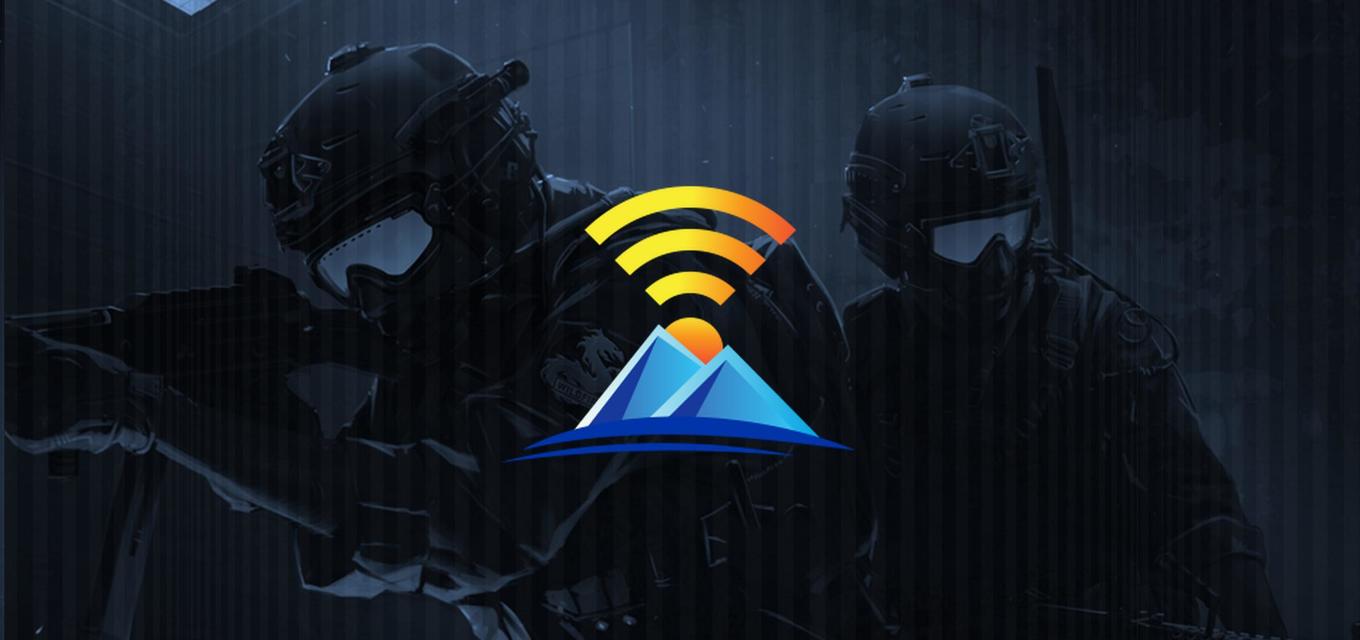
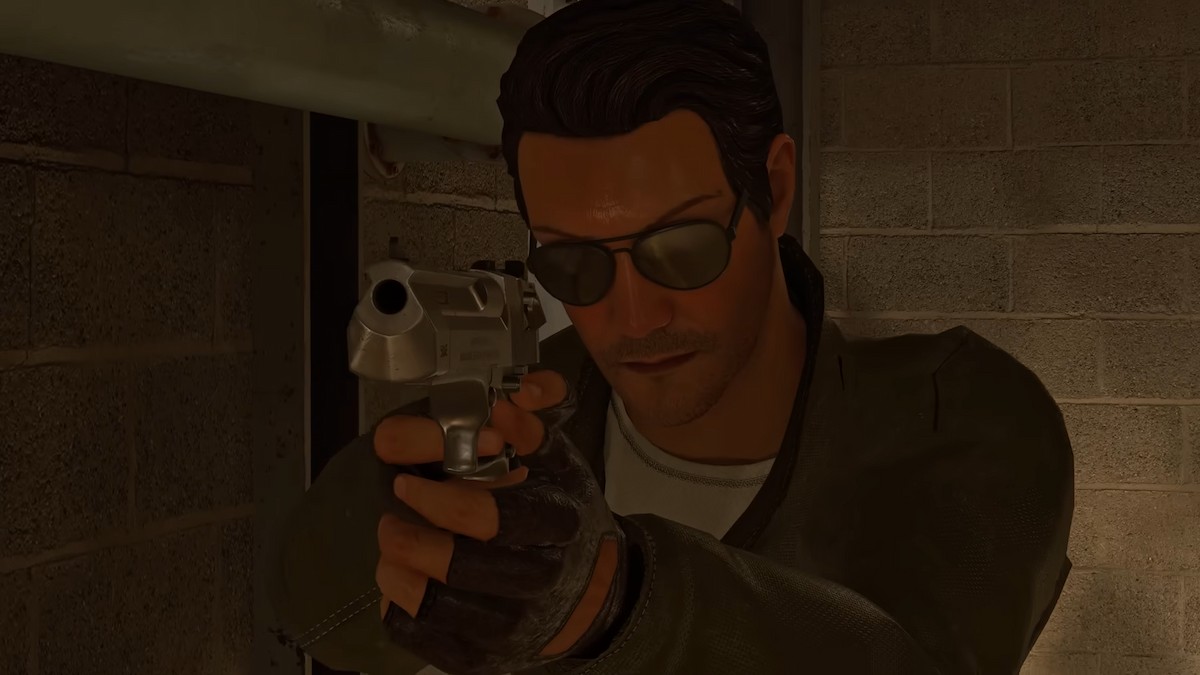
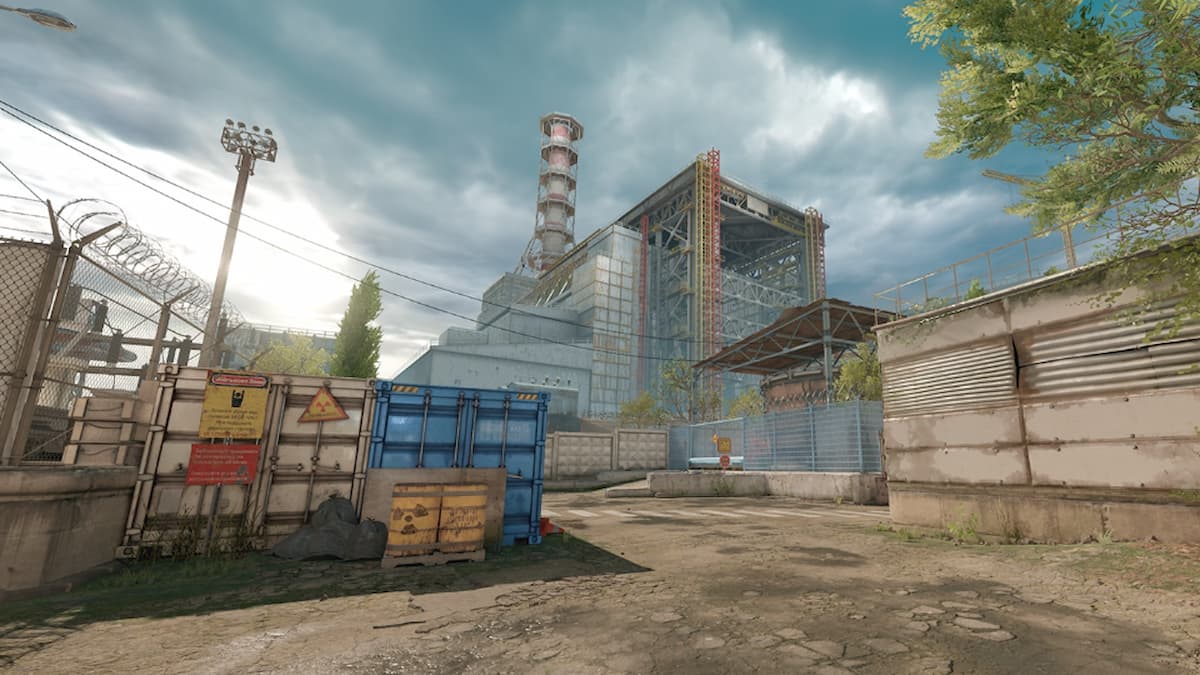
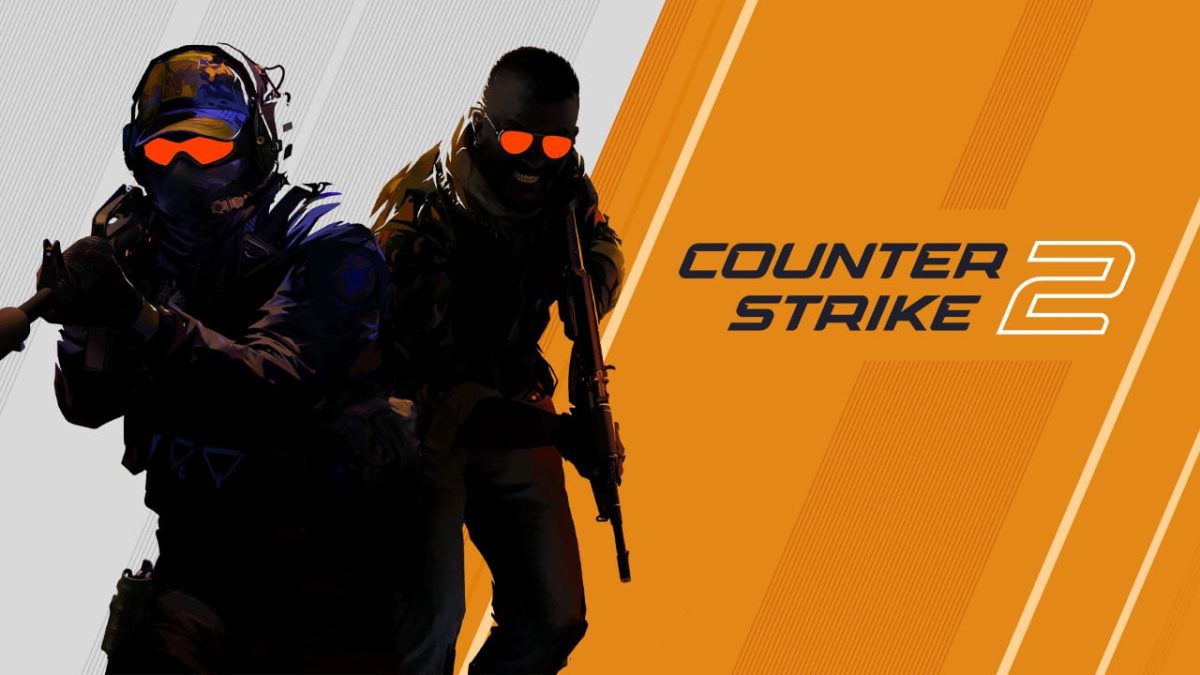
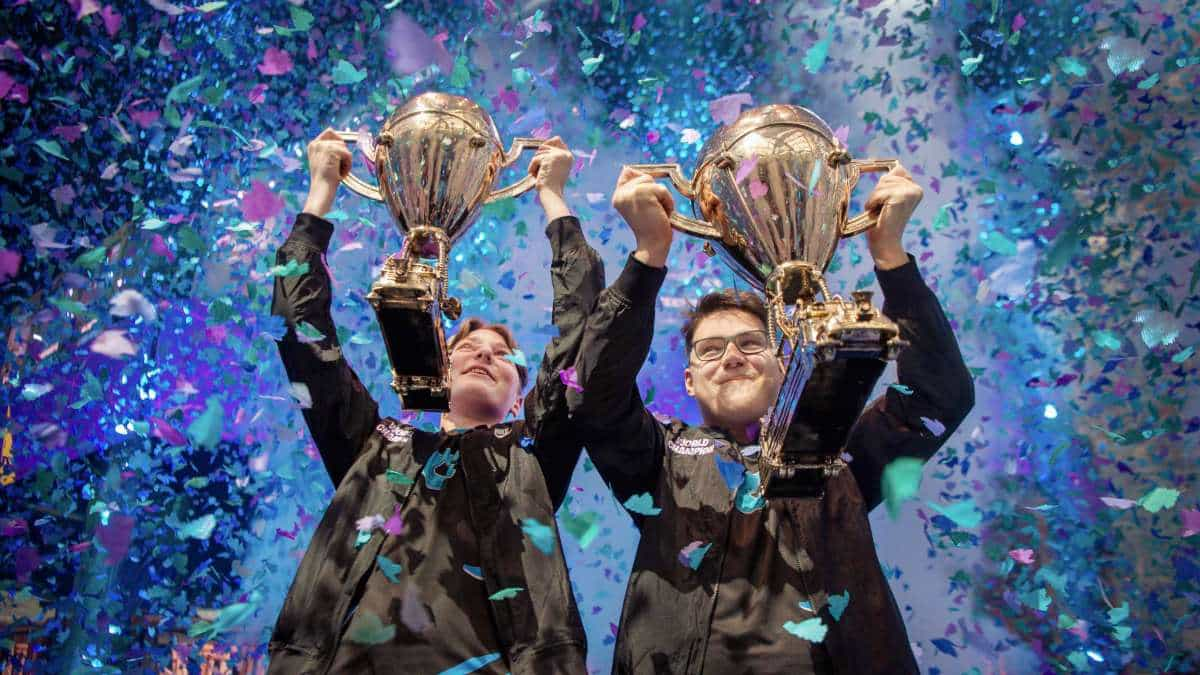

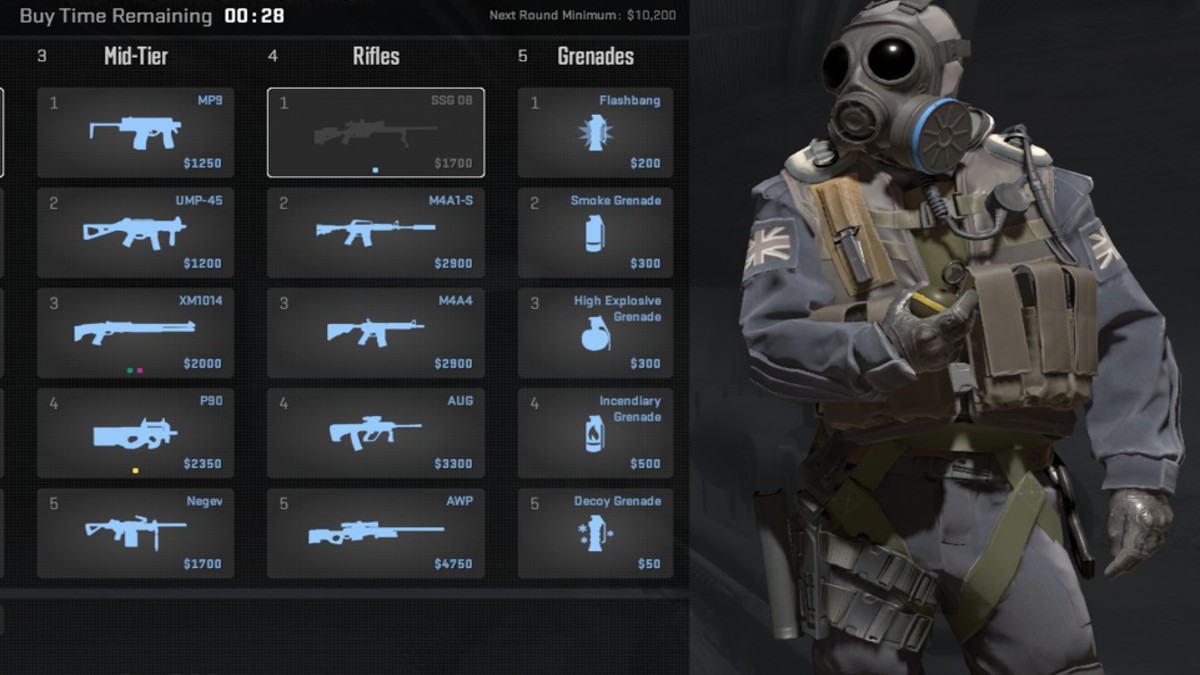
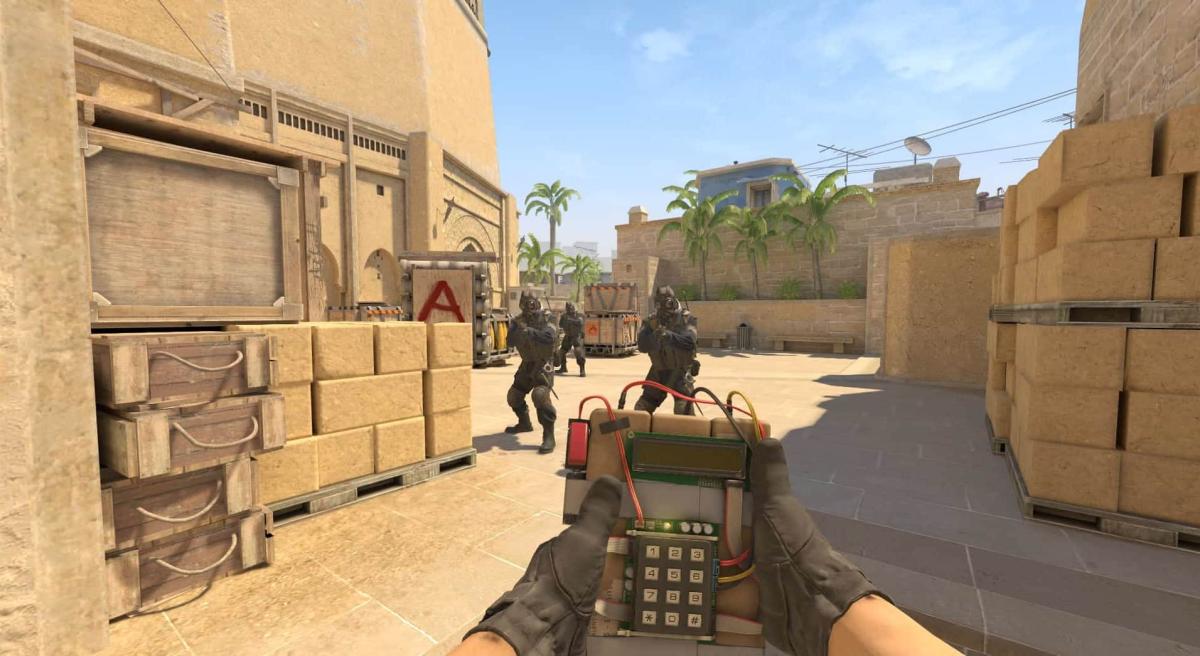
Published: May 4, 2016 11:41 am